Exaggeration is a prodigality of the judgment which shows the narrowness of one's knowledge or one's taste
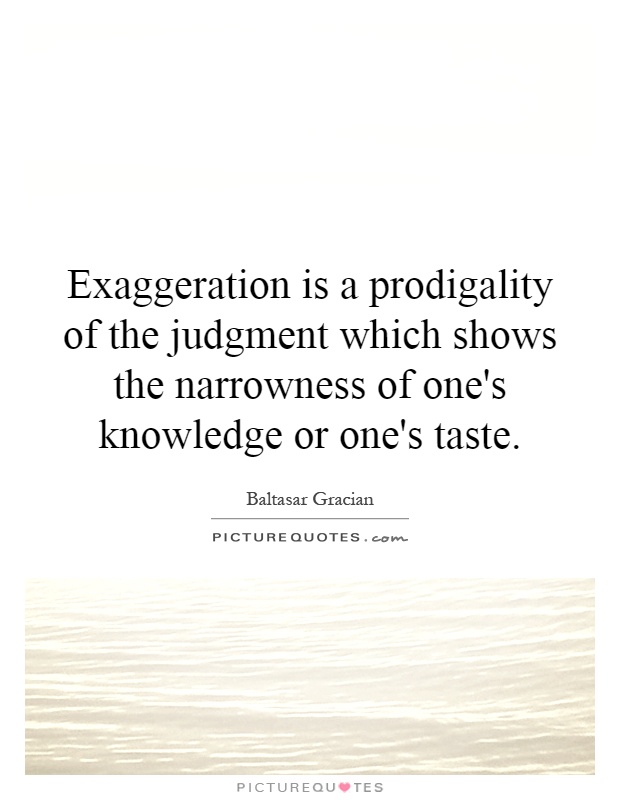
Exaggeration is a prodigality of the judgment which shows the narrowness of one's knowledge or one's taste
In the realm of literature and philosophy, the concept of exaggeration has long been a topic of discussion and debate. Baltasar Gracian, a Spanish Jesuit and baroque prose writer, was known for his insightful observations on human nature and society. In his work, he often touched upon the idea that exaggeration is a sign of ignorance or lack of refinement in one's judgment.Gracian believed that exaggeration was a form of prodigality, or wastefulness, in the way one evaluates and expresses their opinions. He saw it as a weakness that revealed a narrowness of knowledge or taste. When one resorts to exaggeration, they are essentially overselling or overemphasizing a point in order to make it seem more significant or impactful than it actually is. This can be a dangerous practice, as it distorts the truth and can lead to misunderstandings or misinterpretations.
Exaggeration can also be a sign of insecurity or a lack of confidence in one's own beliefs or arguments. By resorting to hyperbole or embellishment, one may be trying to compensate for a perceived inadequacy in their knowledge or reasoning. Gracian believed that true wisdom and discernment lie in the ability to accurately assess and articulate one's thoughts without the need for exaggeration.
Furthermore, Gracian argued that exaggeration can be a hindrance to clear communication and effective persuasion. When one exaggerates, they risk alienating their audience or undermining their credibility. People are more likely to trust and respect those who speak with honesty and moderation, rather than those who resort to hyperbole or sensationalism.
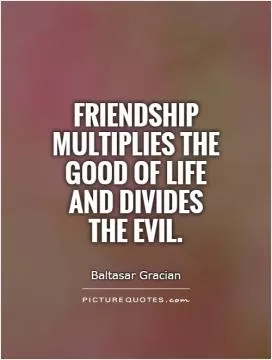

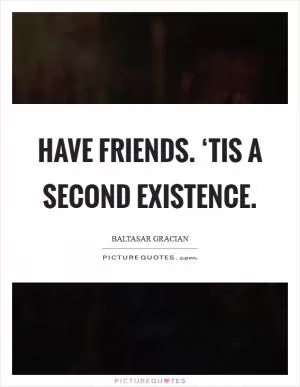

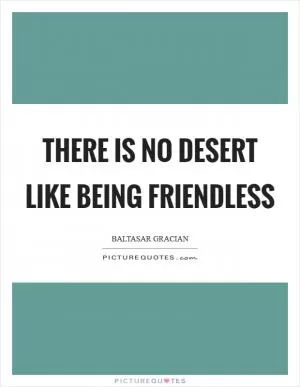


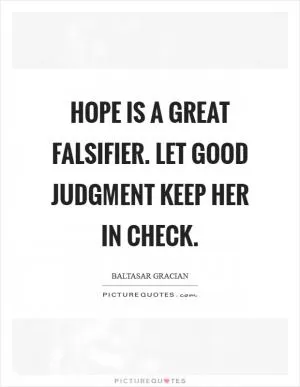
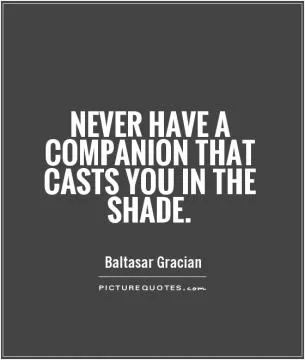



 Friendship Quotes
Friendship Quotes Love Quotes
Love Quotes Life Quotes
Life Quotes Funny Quotes
Funny Quotes Motivational Quotes
Motivational Quotes Inspirational Quotes
Inspirational Quotes